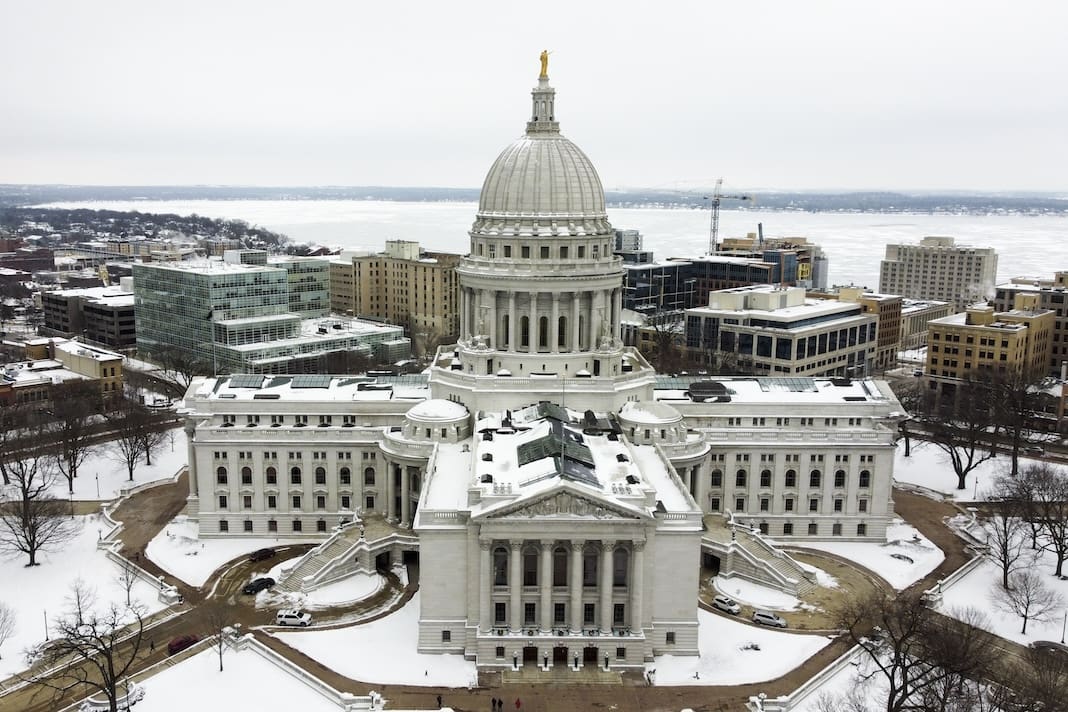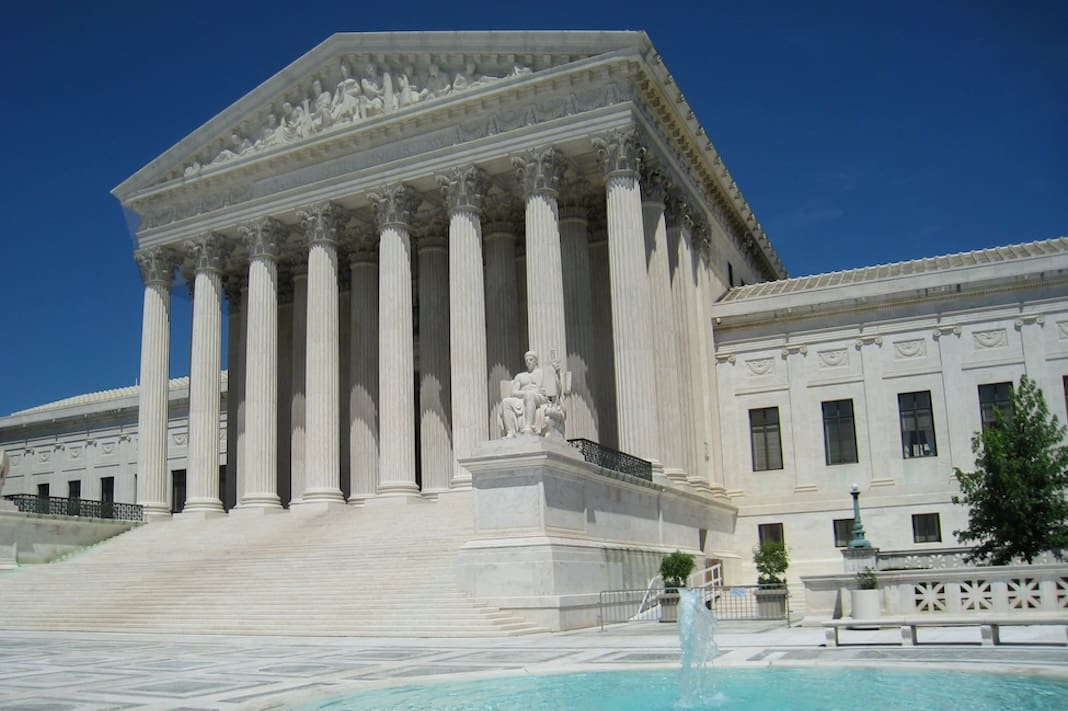Future of abortion in Wisconsin uncertain with Justice Ann Walsh Bradley’s retirement
Voters will determine the ideological control of the state Supreme Court next spring, just two years after liberals won a majority.

The future of reproductive rights in Wisconsin is once again uncertain after liberal Justice Ann Walsh Bradley announced on April 11 that she won’t seek reelection to the Wisconsin Supreme Court in 2025.
The longtime justice’s retirement will leave an open seat just two years after Janet Protasiewicz’s election to the court flipped it to a 4-3 liberal majority. Since then, the court has ruled on the redistricting of legislative districts, and it’s likely it will also rule on the legality of abortion in the future.
“With her decision not to seek reelection, the future of reproductive rights in Wisconsin is once again in flux,” Brianna Johnson, the Wisconsin communications director for President Joe Biden’s reelection campaign, said in a statement.
Bradley has served on the Supreme Court since 1995. She is the longest-serving justice currently on the court and the first woman to be elected to the court. She said that while she is confident she could win reelection to a fourth 10-year term, it was time to bring new faces to the court.
“I know I can do the job and do it well. I know I can win reelection, should I run. But, it’s just time to pass the torch, bringing fresh perspectives to the court,” Bradley said in her announcement.
Republican former Wisconsin Attorney General Brad Schimel announced in December that he would run for a seat on the Supreme Court in 2025. After Bradley’s announcement, two liberal judges also said they were interested in running: One is Chris Taylor, who sits on District IV of the Wisconsin Court of Appeals, headquartered in Madison. Taylor is a former state representative and was previously the public policy director for Planned Parenthood of Wisconsin. The second is Susan Crawford, a Dane County Circuit Court judge.
While abortion is currently legal in Wisconsin, the fight over it is far from over.
When the U.S. Supreme Court overturned Roe v. Wade in June 2022, Wisconsin reverted back to an 1849 law on the books that was initially interpreted to ban most abortions. For more than a year, abortion providers stopped operating in the state. But in a December 2023 ruling over a lawsuit seeking to overturn the 1849 law, a Dane County Circuit Court judge interpreted the law as a ban on infanticide, not consensual abortion, and providers again began performing abortions.
That lawsuit is still pending, however, and Republican Sheboygan County District Attorney Joel Urmanski has asked the Wisconsin Supreme Court to review the case. Planned Parenthood of Wisconsin has added its own appeal, asking the court to rule on whether abortion is a constitutional right. The court hasn’t yet decided whether to hear the case. Bradley’s term ends on July 31, 2025.
While the 2025 Supreme Court race is still a few elections away, abortion is at the center of the upcoming fall election as well. Former President Donald Trump has claimed credit for overturning Roe v. Wade. He recently said he wouldn’t sign a federal abortion ban and that regulation of abortion should be left for the states to decide, a reversal from his previous stances.
If left to the states, the issue could be decided by the Wisconsin State Legislature, which will be transformed in the fall election due to newly drawn legislative maps that significantly reduce a Republican gerrymander.




